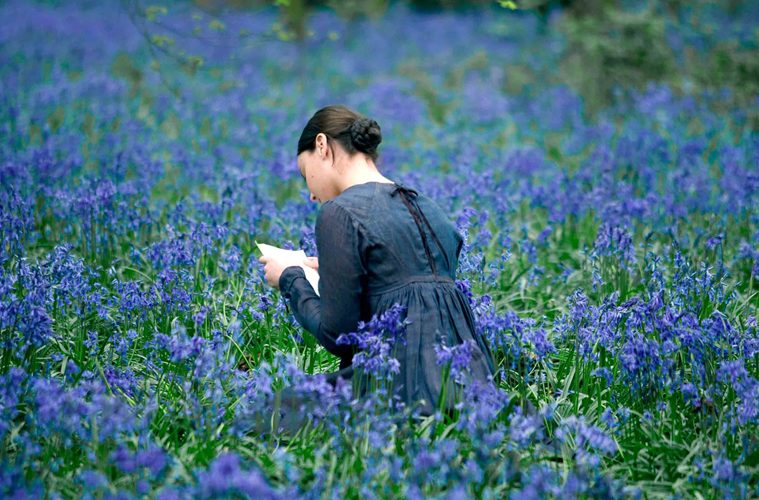I used to thoroughly enjoy Started From the Bottom – but usually, watching a director’s debut movies made me hungry for more. I wanted to see, how this director’s work evolved through time – has it gotten better, worse? What is the hit/miss frequency of a specific talent? What is actually my opinion on Martin Scorsese? I won’t have the answer to these questions, before I start becoming more completionist about specific directors. So without any further ado, let us start this feature by looking back at the filmography of one Jane Campion. I should point out that I might discuss one or multiple films per post in this feature.
Today, I’m going back to the early 80s to discuss the first directorial steps of Jane Campion, a director whose work I have enjoyed so far, but know little about. Obviously, Jane Campion is an influential woman in the film industry and many I know adore her, while some of my peers haven’t really been too impressed by her work. That should keep it interesting! (Do tell me if you absolutely disagree with anything I say, so we can have some interesting fights debates!).
I have seen The Piano many, many years ago and remember liking it, though also not completely understanding the themes. Hey, I was 14 at the time. Bright Star, however, was one of the films that really made my love of film turn a corner, so that makes me very excited to see more of Jane Campion’s films. The first time I saw Bright Star, I got completely lost in its elegant, sensitive and poetic portrayal of love. I adored its dialogue, the characters, the cinematography, costumes… everything!
Jane Campion is known for her interesting portrayal of women and feminist themes in her work, and this is apparent in her first short films already – along with some other intriguing themes. Unfortunately, I was not able to find Mishaps of Seduction and Conquest, but will be discussing the other four films that are listed as her first directorial efforts. She also wrote all of these.
Campion’s very first film was “An Exercise in Discipline: Peel” from 1982, which is a very strange 9-minute short that will make the viewer feel rather uncomfortable. It centers around themes like family, upbringing and of course discipline. What should you do if your child is just fucking annoying and you can’t handle it anymore? A question that couldn’t be more relevant today than it was in the 80s. I can see what Campion tried to do here and enjoyed thinking about these things, but unfortunately, the production value of this film makes it much less impactful than it could have been. Maybe that’s just me being a sucker for gloss.
Her next 1983 short, Passionless Moments, is much different and doesn’t really have a narrative. It is a meditative, sequential and experimentative production that suffers from only being available in questionable quality. I didn’t find it very interesting, but others may. If you love quiet and avant-garde-esque cinema, you will enjoy this. Otherwise, it is very interesting to see a lot the calmness that Campion is known for here.
In 1984, Campion directed a film called “A Girl’s Own Story”, which centers around three teenage girls in the 1960s. They all have their own smaller or bigger problems, involving family, boys and high school politics. It is a very rhythmic movie involving quite a few catchy songs of the era, providing an interesting contrast to the suprisingly darker themes of the film. Men are not portrayed in a very positive way here. More so, they are the cause of most evils in the girls’ lives.
At the same time, two years before her TV and theatrical debuts, Campion also directed a film called “After Hours”, which is certainly the most somber of these four. Here, she doesn’t hide her concerns and the problematic she wants to talk about behind other themes any longer. Let’s put it out there: this film is about sexual harassment and rape. It is very uncomfortable to watch, despite the lack of any graphic scenes – the dialogue itself will do damage enough. I really enjoyed this film for two reasons. First, sexual harassment at work is an issue that remains important to address today. Second, seen with the eyes of its time, this film was an important contrast to some of the 80s blockbusters that just takes those themes to light-heartedly.
As expected, Jane Campion’s first short films include some of the themes that I recognize from the little I have seen of her more known work, but it is also tonally uneven and generally not very accessible. I do look forward to watching more of her work and unless some of you can help me find the 1986 series Dancing Daze, we’ll be talking about Campion’s feature film debut 2 Friends soon! I’d love to have a discussion about it here, so please do watch it and then get back to me with your thoughts.




